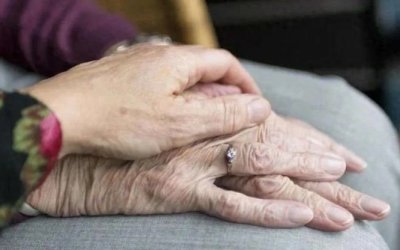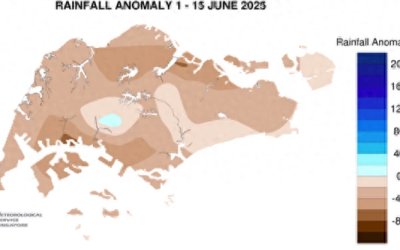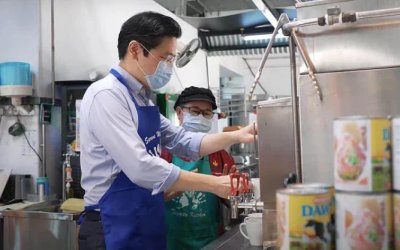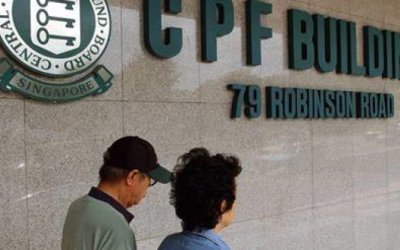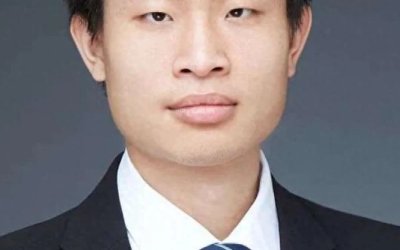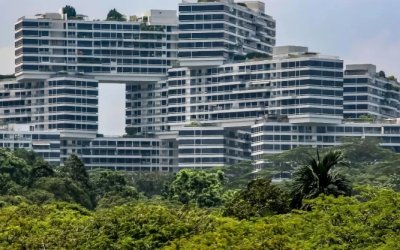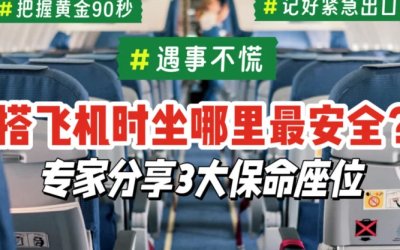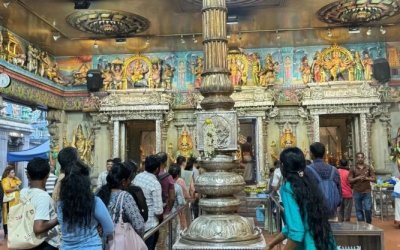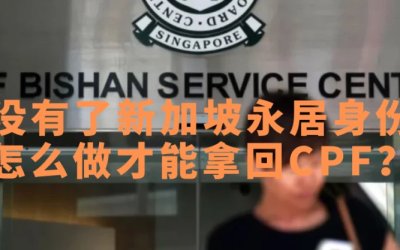3月6日,新加坡衛生部兼通訊及新聞部高級政務部長普傑立醫生在國會發言,新加坡人口正在加速老齡化,需要加強醫療系統,以迎接這些挑戰。
以下內容為新加坡眼根據國會英文資料翻譯整理:
衛生部兼通訊及新聞部高級政務部長普傑立醫生:主席先生,我們的人口正在迅速老齡化。隨著年齡的增長,我們更容易患上嚴重的疾病。過去十年新加坡國人的健康狀況有所下降,慢性疾病(如高血壓)的患病率普遍上升。
在過去的十年里,新加坡的人均壽命有所提高。這裡越來越多獨居老年人,隨著我們的人口老齡化和平均家庭人口減少,這個趨勢預計將持續下去。由於種種原因,個人和其家庭的負擔以及對我們醫療保健系統的影響在未來幾年將顯著增加。
我們需要加強我們的醫療保健系統,以迎接這些挑戰,通過健康的生活方式,預防或延遲疾病。這涉及加強社區醫療服務,可以更貼近生活環境,並在必要時利用家庭醫生和社區夥伴資源。在我們繼續投資建設新的醫療基礎設施、升級現有設施的同時,我們也在擴大初級衛生保健服務。
研究證明,有定期家庭醫生在照顧個人健康上是有幫助的,包括減少住院和急診就診次數。除了管理急性和慢性疾病外,初級照護團隊在預防嚴重疾病方面發揮著至關重要的作用。家庭醫生可以更深入地了解和熟悉患者的醫療條件,對藥物和食物的過敏性,以及患者的日常生活,這最終會帶來更好的護理。
洪維能先生詢問了有關建設更多診所的計劃,以滿足我們老齡化人口的需求,特別是在西部地區。目前有25個診所和超過1000家健康SG計劃的全科醫生醫療診所。到2030年,我們將擁有32個診所,並希望有更多的健康SG 計劃的全科醫生醫療診所。西部地區將建設三個新的診所;登加的新診所將於2025年完工,油池的新診所將於2027年完工,達曼裕廊的新診所將於2028年。現有的金文泰和裕廊的鑫診所則將在2030年之前擴建。
我同意陳有明醫生的觀點,即需要確保診所和公共運輸樞紐之間的聯通性。對於重建的金文泰診所,衛生部已與陸路交通管理局合作,確保在建築物和金文泰地鐵站最近的出口之間提供有遮蔽的行人通道,除了穿過金文泰3道的交叉口,那裡不會搭建遮蔽,因為交叉口很寬,雙層巴士也可以經過那裡。
隨著社會的老齡化,我們需要確保社區充分支援老年人的社交和健康。強大的社會支持已被證明有助於改善健康。對於獨居且孤獨的老年人來說,這尤為重要。活躍樂齡中心將與醫療工作者(包括家庭醫生)合作,同時與其他社區工作者和政府機構合作,開展活躍樂齡的活動。

以下是英文質詢內容:
The Senior Minister of State for Health (Dr Janil Puthucheary): Mr Chair, our population is ageing rapidly. As we age, we become more susceptible to developing serious diseases. As a nation, we have become less healthy in the past decade, with a general rise in the prevalence of chronic diseases, such as hypertension.
Life expectancy in Singapore has improved over the last 10 years. Seniors are increasingly living alone, and this trend is expected to continue as our population ages and average household size decreases. For all these reasons and others, the strain on individuals and their families and the impact on our healthcare system will increase significantly in the coming years.
We need to strengthen our healthcare system to meet these challenges by proactively encouraging healthier lifestyles, and preventing or delaying the onset of poor health. This involves strengthening healthcare services in the community closer to individuals' everyday environment, and leveraging our extensive network of family doctors and community partners as necessary. While we continue to invest in building new healthcare infrastructure, upgrading existing ones, we are also expanding our primary and community care services.
Studies have shown that individuals with a regular family doctor experience better health outcomes, including fewer hospitalisations and emergency department visits. Beyond managing our acute and chronic illnesses, the primary care team also plays a vital role in preventing the onset of serious illnesses. An ongoing relationship with a regular doctor allows for deeper understanding and familiarity with patients' medical conditions, sensitivities to medications and foods, and their day-to-day lives of the patient. This results, ultimately, in better care.
Mr Ang Wei Neng asked about plans to build more polyclinics to cater to the increasing demands of our ageing population, particularly in the Western region. There are 25 polyclinics and over 1,000 Healthier SG GP clinics today. By 2030, we will have 32 polyclinics, and we hope to have more Healthier SG GP clinics. There will be three new polyclinics in the western region; one in Tengah will be completed by 2025, another in Yew Tee by 2027 and the third in Taman Jurong by 2028. The existing Clementi Polyclinic and Jurong Polyclinic will also be redeveloped by 2030 to increase their capacities.
I agree with Dr Tan Wu Meng on the need to ensure adequate accessibility between polyclinics and major transportation nodes. For the redeveloped Clementi Polyclinic, MOH has worked with the Land Transport Authority (LTA) to ensure that sheltered pedestrian access will be provided between the building and Clementi MRT station's nearest exit, save for the junction across Clementi Ave 3, where such shelters will not be practical, because the junction is wide and there are double-decker buses passing through.
As our society ages, we need to ensure that seniors' social and health needs are adequately supported in the community. Having strong social support networks have been shown to contribute to better health outcomes. This is particularly important for seniors who live alone and are at risk of social isolation. AACs will collaborate with healthcare providers, including family doctors, as well as work with other community providers and Government agencies for active ageing programmes.
新加坡國會丨來源
新加坡國會丨圖源


